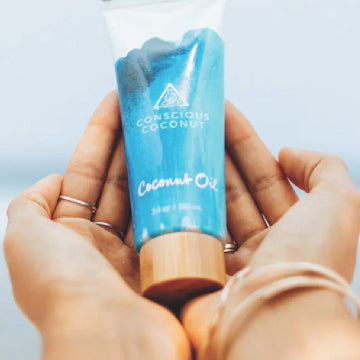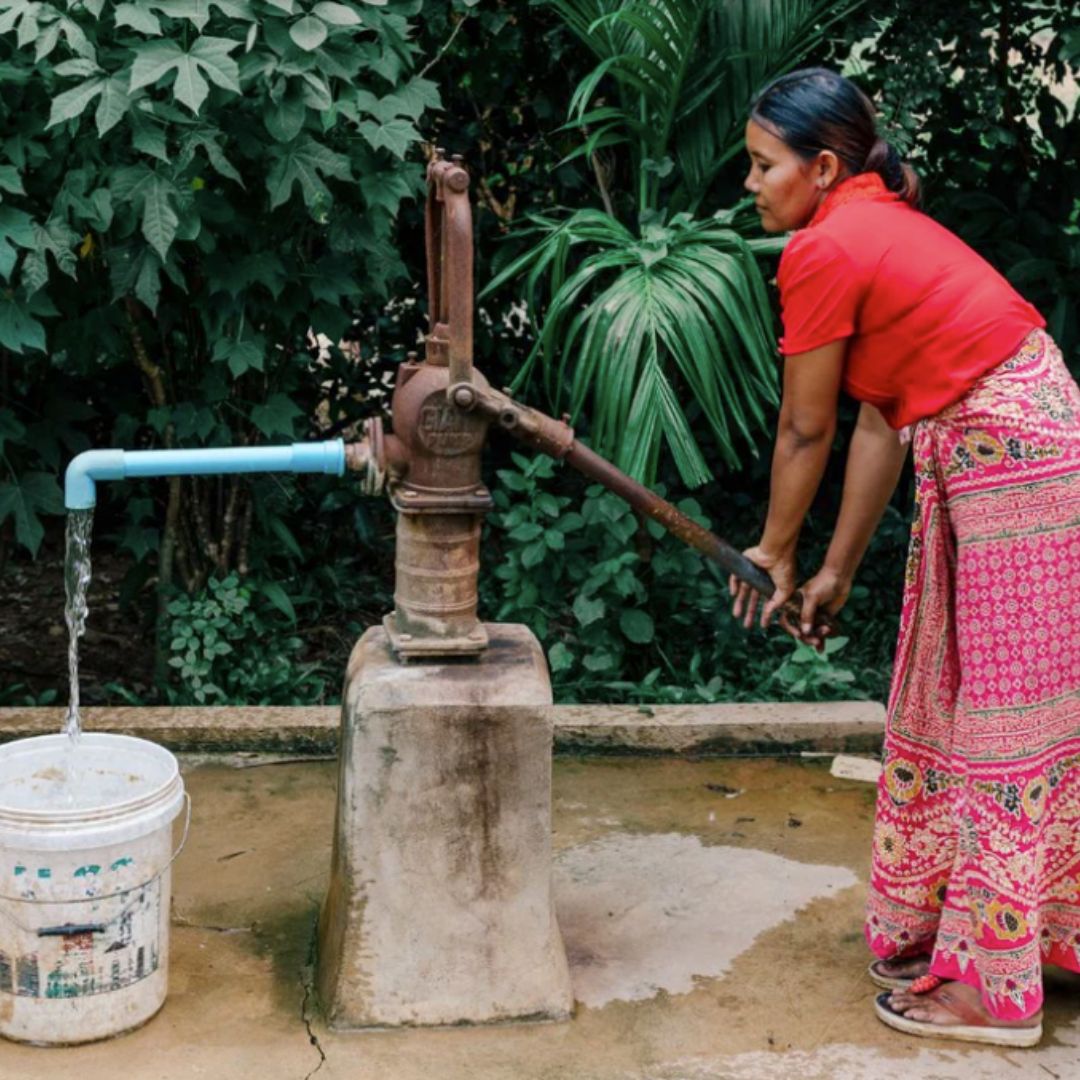What You Should Know About Beagles on National Dog Day
As someone who often prefers the company of my four-legged pack to people, I, too, posted candid photos of my three pups across my social media today. But I couldn't help but think about a school fundraising project my daughter did a couple years ago on the testing of beagles. (She got an A on it, btw.)
 |
 |
 |
If you think companies in the U.S. and other parts of the world don't use dogs for testing anymore, you're wrong. According the U.S. Department of Agriculture, 67,000 dogs were used for research and testing in this country alone in laboratories for drugs, pesticides, medical devices and other products, just three years ago. And the majority of those dogs used are beagles. Why? They're not too small, not too big, docile, obedient, and will do anything to please. Mickey, my eldest is a half beagle and would basically clean the house for me if he could.
These dogs are held in cages and often force fed chemicals and injected with pathogens all for the sake of research. Even worse, only 10% of this barbaric cruelty proves affective, and a majority of these dogs never make it out alive. Thankfully, organizations such as The Beagle Freedom Project exist to rescue, rehabilitate and regime these dogs around the world.

Just this past April, the non-profit animal rescue and advocacy organization based in southern California, rescued 29 beagles from a laboratory in South Korea and raised enough money to help cover their extensive care and safe transport to the United States. Watch the video below showing these cuties experiencing their first steps of freedom.
Beagle Freedom Project was formed in 2010 and has made incredible strides over the last decade to give many beagles around the world a chance for life through rescues, campaigns and legislation.
As a beauty industry professional, I know that while animal testing isn't mandatory in the United States, it's not banned either. And any beauty or cosmetic brand looking to get into the Chinese marketplace, that inhumane and often deadly testing is imperative. The next time you make a beauty purchase, do your research beforehand. Download the app Cruelty-Cutter, which can easily help you make more informed shopping decisions.

What can you do to make a difference?
- Buy only cruelty-free cleaners for your home
- Buy only 100 percent cruelty-free makeup
- Volunteer your time at a charity or non-profit
- Adopt or foster a rescued beagle
- Educate yourself and others
- Donate














